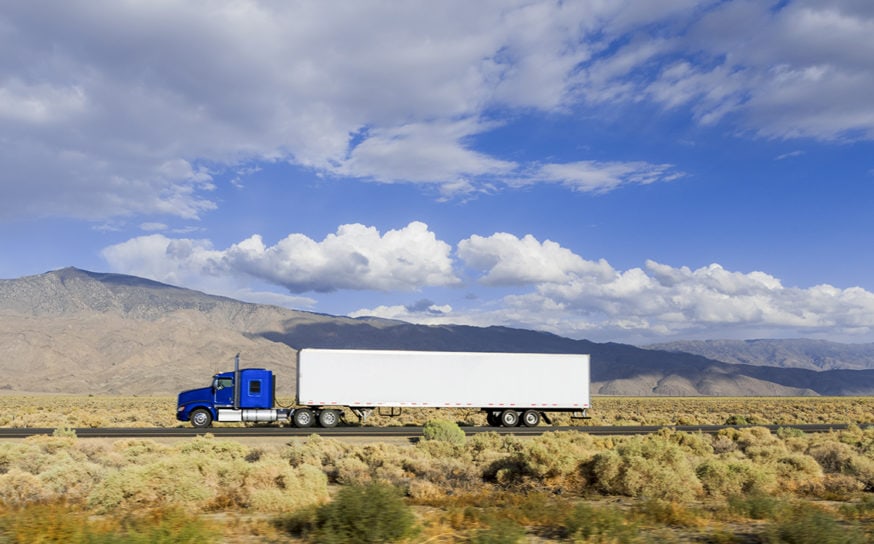
“Cannatourism” Comes to the Already Booming California SoCal Desert Scene
Turndown service will never be the same.
-
CategoryCannabis, Experiences, The Buzz, Tours
-
Photo byAnton Petrus/Getty Images
Located just outside the boundary of Joshua Tree National Park, the city of Desert Hot Springs has long been known for its mineral rich spas that draw SoCal city folk out of their urban habitats for quick weekend getaways. It was also one of the first cities in the state to dive headfirst into the cannabis economy, developing a framework for legal operations shortly after Prop 64 (The Adult Use of Marijuana Act) passed in 2016. Since then, cannabis has become their second-highest revenue stream, bringing in roughly $3.2MM in the last fiscal year. Now, city officials are hoping to add a new tourist attraction to their repertoire: “cannatourism,” the concept of traveling somewhere to consume or participate in cannabis-related activities.
Some of the suggested offerings would be allowing the use and sale of cannabis at certain hotels and entertainment venues, as well as strategic partnerships with retailers in the area. But some business owners and cultivators are being vocal about the city’s high tax rates and have threatened to take their business elsewhere if rates don’t get more competitive.
“It was commendable what they did out of the gate,” says Joseph Dominguez, whose Zenco Capital has about 75,000 square feet of grow space across cannabis facilities in the area. “The issue is now that everybody’s caught up, we need to be able to stay there and keep thriving. Cities like Adelanto and California City have half the tax rate Desert Hot Springs does, (and) my board of directors knows it.”
Click here to check out the full story.
Strawberry Season Kicks Off at a Beloved Festival in Oxnard
Strawberry chimichangas, anyone?
Apple’s New Headquarters Looks Like Something Out of a Stanley Kubrick Film
And we already love every inch of it.
Friday Finds: BBQ Season Kickoff
Fire up the grill…let’s kick off the first holiday weekend of summer with these California standouts.


















